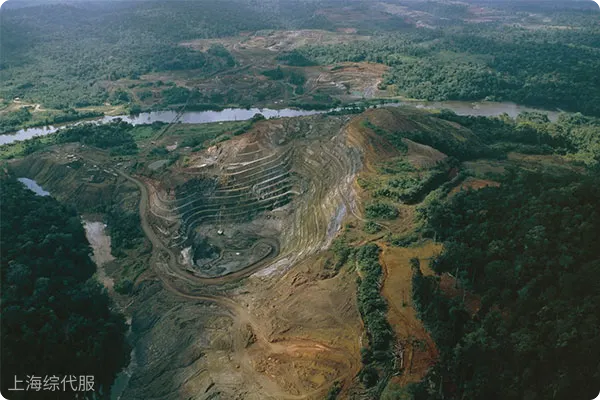South Korea is accelerating diversification of key mineral supply chains to reduce its dependence on China. This policy shift is driven mainly by the South Korean government’s newly launched Strategy for Securing Key Minerals Supply, aimed at reducing its dependence on China’s mineral resources.

According to data from the South Korean Trade Association, total imports of lithium hydrogen oxide in 2023 reached an astonishing $61,9 billion, up 69% compared to the same year, of which the share of imports from China decreased by 8.3 percentage points, from 87.9% in 2022 to 79.6%. This change marks that South Korea begins to reduce its dependence on lithium hydrogen oxide in China, which is a key raw material for the production of electric vehicle power batteries.
Furthermore, the import pattern of titanium, another key mineral used to make electric vehicle-driven motors, has changed as well. While imports from China remain predominant, the share has slightly decreased from 87.5% in 2022 to 84.7% in 2023, while imports from the Philippines have risen from 11% to 14.3%.
This strategic adjustment is driven by the joint efforts of the South Korean government and enterprises to reduce dependence on resources in a single country. Government’s supply chain diversification support policies and enterprises’ adjustments to the changing global trade environment, such as the U.S. Inflation Reduction Act, have contributed to this change.
Analysts expect that with the joint efforts of the South Korean government and enterprises, the diversification of key mineral supply chains will further accelerate and the trend of reducing reliance on China will accelerate.


 Follow customer service WeChat
Follow customer service WeChat